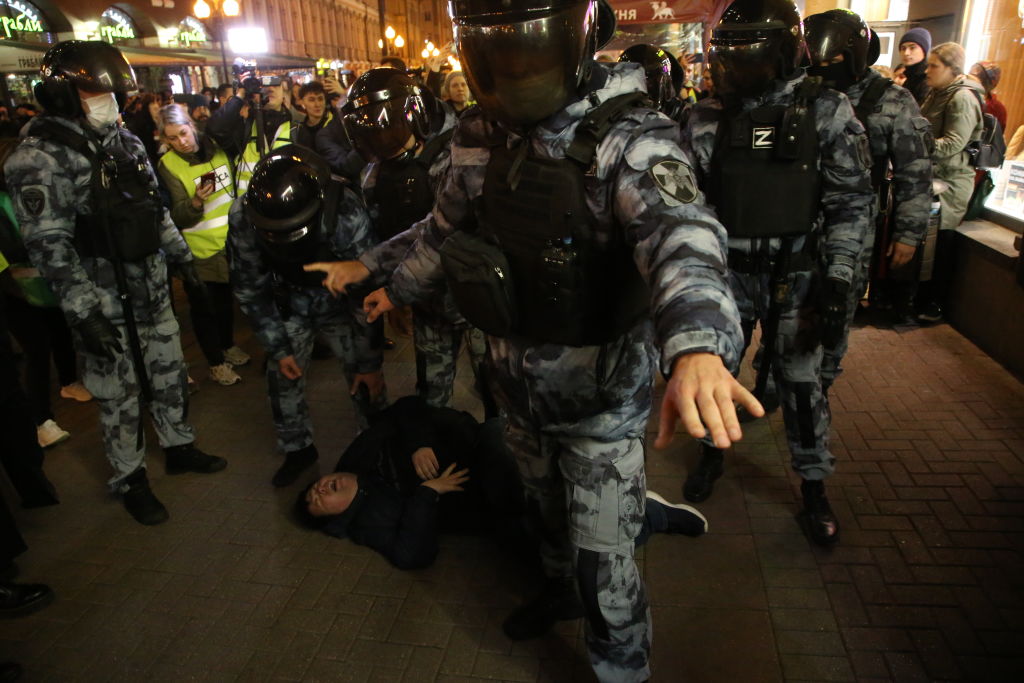Russia charges Ukrainian singer Jamala in absentia for allegedly spreading 'false information' about Russian army

The Moscow Prosecutor's Office announced charges against Ukrainian singer Jamala on Nov. 29 for spreading "false information" about the Russian army in relation to a social media post she made in April 2022, Russian media reported.
Russia has used the charge of spreading "false information" about the military as a blanket method of suppressing all contradictory information about the war and the regime.
Jamala was put on a federal wanted list in mid-October and arrested in absentia by a Russian court earlier in November. At the time, it was unclear for what specifically she was wanted.
The reports did not say exactly what "false information" she shared but noted that the prosecutor's office said it was motivated by "national hatred" of the Russian army.
The singer was born Susana Jamaladinova to a Crimean Tatar family in Kyrgyzstan in 1983.
Her family, like that of Ukrainian Defense Minister Rustem Umerov, was deported to Central Asia in 1944 by Soviet authorities on the false accusation that all Crimean Tatars had collaborated with the Nazis.
Up to 200,000 Crimean Tatars – mostly women, children, and the elderly – were deported to Central Asia and Siberia, while Crimean Tatar men who were fighting for the Red Army at the time were sent to labor camps.
In the 1980s, Jamala and her family returned to Crimea, and she went on to study in Kyiv.
She won the Eurovision Song Contest in 2016 with a song about the 1944 deportation of Crimean Tatars, singing the chorus in the Crimean Tatar language.
According to the organization OVD-Info, between the Feb. 24 invasion and October 2023, Russian authorities have detained 19,834 people at anti-war protests. Over 700 criminal cases have been brought against demonstrators.













